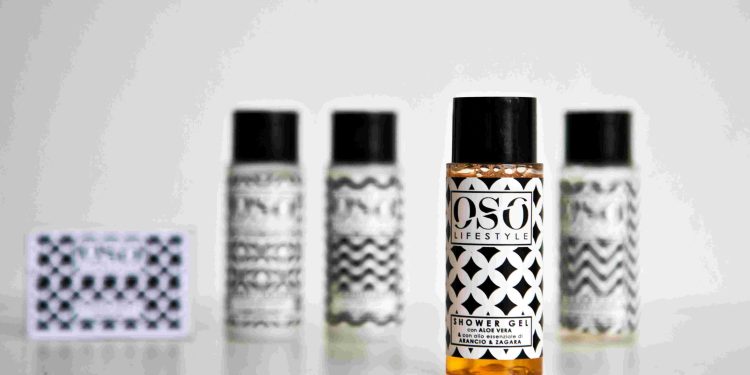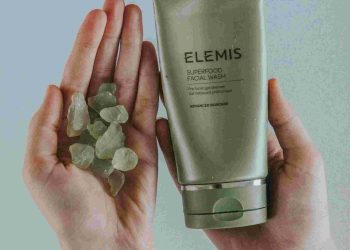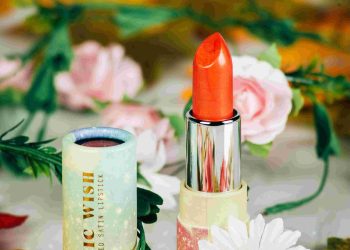In-Depth Beauty Product Review
What if the beauty standards sold to us have always been a mirage?
Imagine spending years investing in products promising transformation, only to realize that your uniqueness has always been your greatest asset. Today, we’re diving into a world where science, sociology, and self-worth collide to challenge conventional beauty paradigms.
A Personal Awakening
A few months ago, I found myself staring at my bathroom shelf, cluttered with the latest serums, creams, and potions. Each claimed to reverse time, banish imperfections, or transform my appearance completely. I was seduced—like many others—by the hope these small jars inspired. But had any of them worked?
I took a step back and reflected on this endless pursuit of perfection. And in that moment of clarity, I realized I wasn’t chasing beauty; I was chasing validation from external sources. Why had my own self-perception become so deeply tied to the promises of an industry looking to profit from my insecurities?
The Sociology of Beauty
The multi-billion-dollar beauty industry thrives on one core principle: that you are not enough as you are. Social conditioning from magazines, influencers, and even friends reinforces these narratives. Sociologist Dr. Jean Twenge refers to this phenomenon as the “beauty spiral”—the continual increase in expectations for physical appearance fueled by cultural systems.
Here’s the twist: beauty itself is subjective and influenced by shifting societal ideals. In Ancient Greece, proportion and symmetry defined attractiveness. In the 1950s, curves were celebrated. Today, contouring and fillers dominate the dialogue. These trends aren’t timeless truths but fleeting constructs molded by the zeitgeist of the era.
What Science Tells Us
Skin deep solutions only scratch the surface. Dermatologists emphasize the importance of internal health, hydration, and stress management over everything else. Yet the industry seldom markets this. Why? Because the real path to healthy skin—unfiltered water, unprocessed food, and managed cortisol levels—is often free or inexpensive.
Research from Stanford University indicates that we inherently carry biases for symmetry, often correlating it with health. But scientists emphasize that this is not the sole determinant of attraction or confidence. True radiance often comes from energy and enthusiasm—qualities no product can supply.
Challenging the Status Quo
Imagine a world where beauty is synonymous with authenticity rather than conformity. Companies must pivot from profit-driven marketing toward empowering users with transparency and evidence-based claims. For instance, indie skincare brands like The Ordinary have achieved cult status because they educate buyers on active ingredients rather than perpetuating vague promises of “anti-aging.” Their success lies in empowering the informed consumer.
We, as consumers, must challenge the industry to do better. By demanding transparency in formulas and ethical sourcing, we turn awareness into influence. We have the unique power to shift market priorities.
Future Trends in Beauty
The future of beauty lies in individualization and inclusivity. Artificial Intelligence (AI) is already allowing customers to analyze skin needs through smartphone apps, providing hyper-targeted recommendations. What’s more, we’re seeing brands cater to all genders, skin types, and tones—expanding what beauty means in practical terms.
Social media powerhouses like Gen Z aren’t just fervent consumers; they’re activist buyers. They demand accountability from brands and push for clean ingredients, sustainable packaging, and even political alignments. The days of nebulous claims and environmentally wasteful practices are numbered.
Actionable Steps for Conscious Beauty
Whether you’re a minimalist or a beauty enthusiast, here are practical and actionable steps to reconsider your approach:
-
Start with mindfulness:
Consider whether you’re purchasing for need, experimentation, or emotional comfort. Awareness is key. -
Invest in core ingredients:
Familiarize yourself with proven compounds like vitamin C, niacinamide, and retinol. Seek peer-reviewed research to avoid pseudoscience. -
Audit your shelf:
Declutter products that no longer serve your goals. Overloaded routines often undermine efficacy. -
Support ethical brands:
Look for certifications such as Fair Trade, cruelty-free, and eco-friendly packaging. -
Embrace lifestyle beauty:
Prioritize lifestyle changes like proper hydration and nutrition. Your skin will follow your habits. -
Focus on confidence:
Find gratitude in small victories with your self-care journey—and let the results speak for themselves.
Closing Reflection
Beauty has always been about more than what meets the eye. It’s a constantly evolving narrative shaped by history, science, and self-confidence. Like pulling back the curtain on the Wizard of Oz, we must demystify its illusions and forge our definitions of attractiveness. The goal isn’t to abandon beauty rituals but to reclaim them on our terms, guided by intentionality and self-awareness.
So, the next time you pick up a jar of cream, ask yourself: is this the solution, or is the solution already within?











